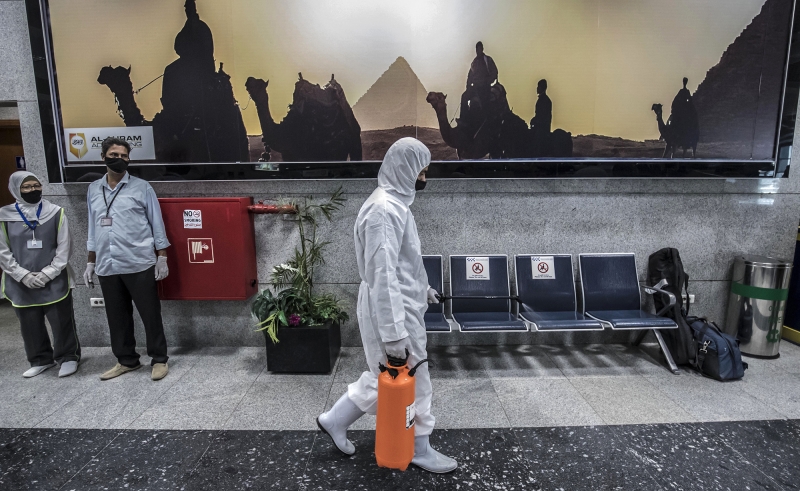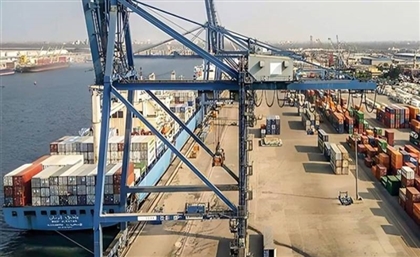World Bank President Praises Egypt's COVID-19 Response
President of the World Bank Group David Malpass shared his praises of Egypt's Coronavirus response during a virtual meeting with the Human Capital Project.

Egypt has taken quite a bit from the World Bank over the past few months. For example, we've gotten about USD 50 million to help us out in our fight against the Coronavirus back in May 2020, as part of the World Bank's Fast-Track COVID-19 Facility - an international effort to strengthen COVID-19 response and minimize economic recovery time. It was a simple plan that wasn't just limited to Egypt; the more countries that are able to treat their citizens and get their economies back on their feet after the quarantine, the better the world's money flow will be for everyone. The question is, how are we doing so far? According to the President of the World Bank, pretty well!
President of the World Bank Group David Malpass shared his praises of Egypt's Coronavirus response during a virtual meeting with the Human Capital Project, where 78 countries were in attendance. And we know half of you have fallen asleep at this point of the article so we'll just get to the important bit: what prompted such a positive response.
Minister of International Cooperation Rania Al-Mashat represented Egypt during the virtual meet, and shared an update on how Egypt has invested in its human capital by protecting them through the pandemic. They've put more money in health and social spending, pushed harder to guarantee critical social protections, and reviewed social spending to see how they can be more efficient. Since the pandemic began, 60,000 households had been added to the Karama and Takaful programmes, and Minister Al-Mashat anticipates that another 100,000 households will be included because of the pandemic. Overall, about 9.4 million people - or 10% of Egypt's population - have been covered by the programmes since they began with the support of the World Bank Group in 2015.
























